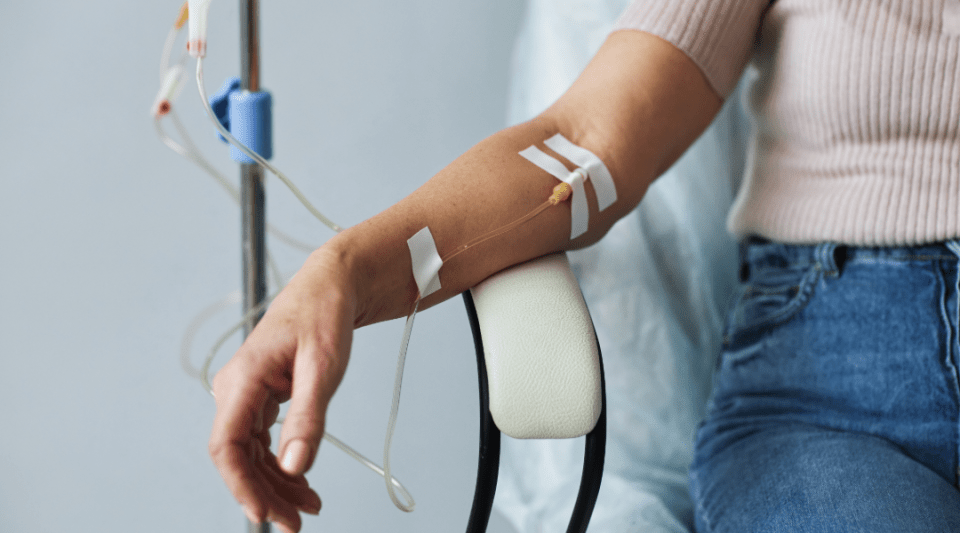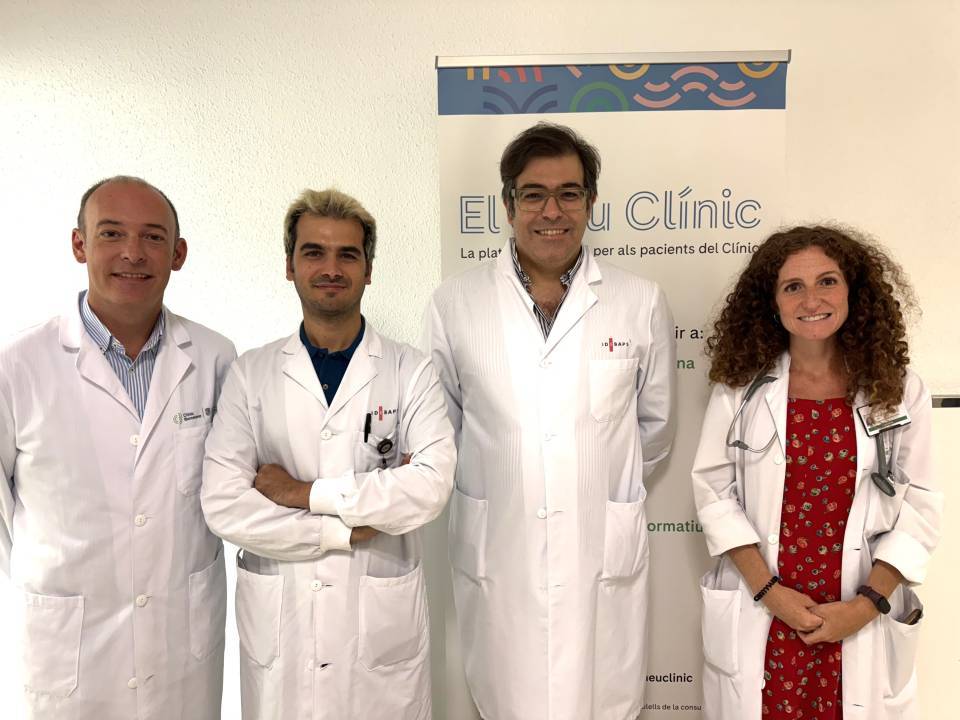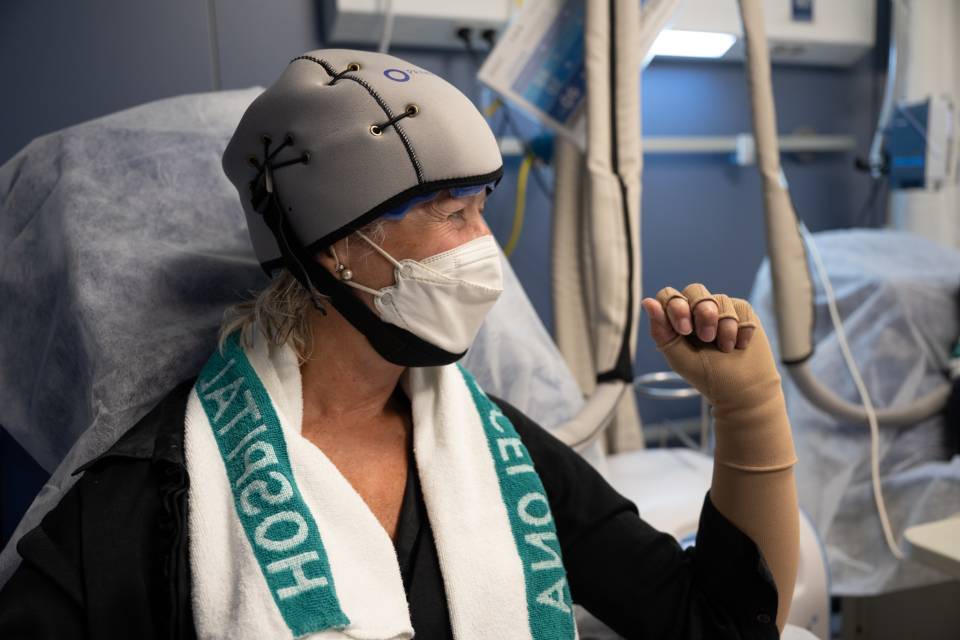28 November 2024
- What is it?
- When is chemotherapy necessary?
- Chemotherapy type
- How is it arranged?
- What preparations are needed?
- Where is it done?
- How long does it last?
- How many times do I need to have chemotherapy?
- How will I feel during the treatment?
- What are the potential complications?
- Special situations
- Team and structure
What are the potential complications?
The possible complications of chemotherapy are due to its effects on cell reproduction in the body, whether tumorous or healthy, such as hair follicles (hair or hair cells), blood cells or skin cells. When these healthy body cells cannot regenerate normally, this is when side effects can appear.
It is very important to remember that possible complications of chemotherapy are just that: "possible"; and it does not mean that every patient will suffer them all. In fact, some patients may not experience any side effects at all. Similarly, not all chemotherapies have the same adverse effects or at the same intensity.
Among the most common side effects are:
- Tiredness (asthenia): Virtually all chemotherapy treatments produce a certain amount of fatigue. If asthenia is moderate-severe, your doctors will reduce or suspend the treatment.
- Anaemia (decreased haemoglobin): This is one of the most common adverse effects of all chemotherapy treatments. On some occasions, a blood transfusion may need to be performed.
- Neutropenia (decrease in white blood cells): Leukocytes and neutrophils are two types of white blood cells that are part of the immune system. Patients with neutropenia are at increased risk of infection. Therefore, it is important to be more careful with certain precautions if you are receiving chemotherapy treatment. For example, you should maintain good hand hygiene, avoid contact with sick people and consult the medical team in case of fever (> 38ºC). In some chemotherapy treatments, professionals may recommend the administration of growth factors in injection form to stimulate a faster recovery of your defences and reduce the risk of serious infection.
- Plaquetopenia (decreased blood platelets): Facilitates bleeding or bruising.
- Nausea or vomiting: Most of the time this is very mild, due to the prophylactic administration of specific medication to reduce its risk. • Infections: Closely linked with neutropenia or the catheters (PICC or port-a-cath) used to deliver treatment. Patients receiving chemotherapy are more susceptible to infection. In case of fever, you should always consult your nurses or responsible doctors.
- Stool rhythm alterations: This can be due either to the chemotherapy treatment or other medications taken at the same time. Patients may experience bouts of diarrhoea or constipation requiring astringent or laxative diets.
- Hair loss (alopecia): Not all chemotherapies produce it, and those that do can be in different degrees of severity. This is reversible and, once the scheduled chemotherapy cycles are over, hair grows back in about 3 weeks. The referring team will inform you if your treatment scheme is likely to produce alopecia as well as its expected severity.
- Canker sores and ulcers (mucositis): Especially in the mouth area. Your medical team will give you remedies and recommendations to reduce the impact they may have on food intake.
- Alterations of the skin or nails: Some chemotherapies increase the risk of suffering sunburn and it is important to use sun protection to prevent this. It can also affect nail growth, causing them to turn darker or temporarily crack during chemotherapy.
- Sensitivity disorders (neuropathy): The nervous system can be affected by some chemotherapies, producing an alteration in the sensitivity of the hands and feet. This is often reversible once the treatment is finished. If this appears, you should inform your medical team so they can consider reducing or suspending your chemotherapy doses.
- Infertility: Eggs and sperm can be permanently altered, depending on the age of the patient and the chemotherapy regimen used. Therefore, if the patient is of reproductive age, the medical team can offer to conserve the eggs or spermatocytes for later use in case of difficulties in achieving a pregnancy.
- Cardiovascular effects: Some chemotherapies can affect the functioning of the heart both during treatment and in the long term. For this reason, the oncologist will assess possible cardiovascular diseases at the time of the visit or may propose cardiac control depending on the chemotherapy.
- Kidney or liver function: Many of the chemotherapy drugs are eliminated through the liver or kidneys. Both organs can be affected to a lesser or greater extent by cancer treatments, so control tests are performed prior to the administration of treatment. In most cases, any effects are reversible.
Substantiated information by:

Published: 15 November 2021
Updated: 15 November 2021
Subscribe
Receive the latest updates related to this content.
Thank you for subscribing!
If this is the first time you subscribe you will receive a confirmation email, check your inbox


